Foods to naturally boost testosterone & optimize men’s vitality without supplements?
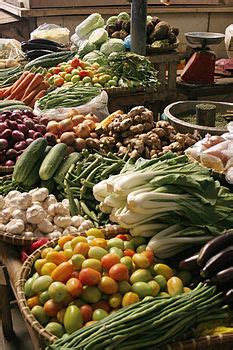
Understanding Testosterone’s Role in Men’s Health
Testosterone, the primary male sex hormone, plays a pivotal role in far more than just libido. It influences muscle mass and strength, bone density, fat distribution, red blood cell production, mood, and energy levels. As men age, testosterone levels naturally decline, often leading to symptoms like fatigue, decreased libido, weight gain, and reduced muscle mass. While many turn to supplements, a strategic dietary approach can be a powerful, natural way to support healthy testosterone production and optimize overall vitality.
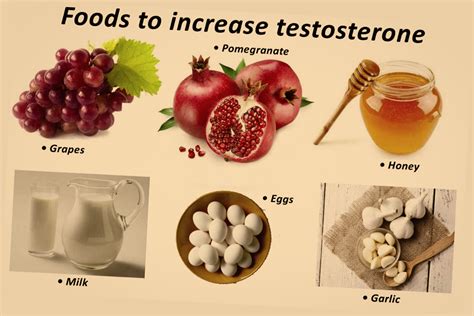
Key Nutrients and Foods for Natural Testosterone Support
Focusing on specific vitamins, minerals, and macronutrients can lay the groundwork for a robust hormonal profile. Integrating a variety of whole, unprocessed foods into your diet is crucial.
Zinc-Rich Foods: The Essential Mineral
Zinc is a critical mineral for testosterone production. Studies have shown that zinc deficiency can lead to a decrease in testosterone levels, while supplementation can restore levels in deficient individuals. Incorporating zinc-rich foods is a cornerstone of a testosterone-friendly diet.
- Oysters: Widely recognized as one of the best dietary sources of zinc.
- Red Meat: Beef and lamb are excellent sources.
- Pumpkin Seeds: A great plant-based option, also rich in other beneficial nutrients.
- Legumes: Beans, lentils, and chickpeas provide a good amount of zinc, along with fiber.
- Nuts: Cashews and almonds offer zinc, healthy fats, and protein.
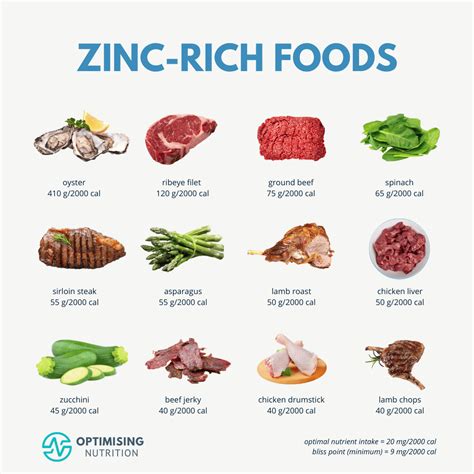
Vitamin D: The Sunshine Vitamin
Often referred to as a pro-hormone, Vitamin D is intimately linked to testosterone levels. Research indicates that men with sufficient Vitamin D levels tend to have higher testosterone. While sunlight exposure is primary, certain foods can help.
- Fatty Fish: Salmon, mackerel, tuna, and sardines are top sources.
- Egg Yolks: A small but significant amount of Vitamin D.
- Fortified Foods: Milk, orange juice, and cereals are often fortified with Vitamin D.
- Mushrooms: Some varieties, especially those exposed to UV light, contain Vitamin D.
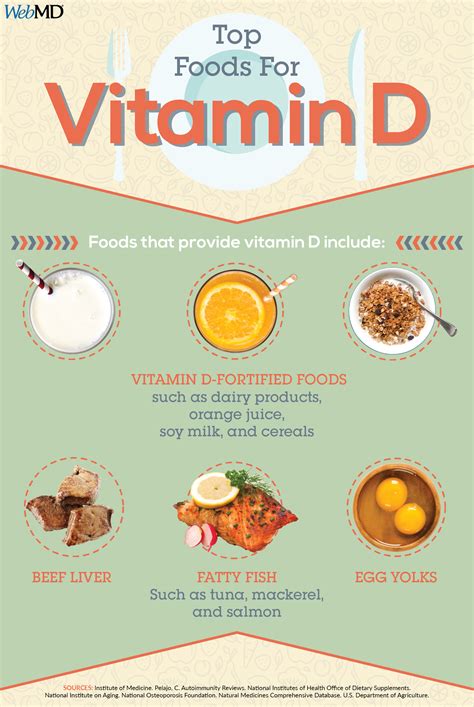
Healthy Fats: Crucial for Hormone Synthesis
Cholesterol, often viewed negatively, is a precursor to steroid hormones, including testosterone. Consuming healthy fats is vital for optimal hormone production, not for increasing cholesterol directly, but for providing the necessary building blocks.
- Avocados: Rich in monounsaturated fats and Vitamin B6.
- Olive Oil: A staple of the Mediterranean diet, packed with monounsaturated fats.
- Nuts and Seeds: Almonds, walnuts, chia seeds, and flax seeds offer healthy fats, fiber, and other minerals.
- Fatty Fish: Again, salmon and other omega-3 rich fish contribute to healthy fat intake.

Magnesium: The Underrated Mineral
Magnesium plays a role in numerous bodily functions, including muscle function, nerve function, blood sugar control, and blood pressure regulation. Studies suggest that magnesium supplementation can increase free and total testosterone levels, especially in active individuals.
- Dark Leafy Greens: Spinach, kale, and Swiss chard are excellent sources.
- Nuts and Seeds: Almonds, cashews, pumpkin seeds.
- Whole Grains: Brown rice, oats, whole wheat bread.
- Legumes: Black beans, lentils.
- Avocados: Also a good source of magnesium.
Other Supportive Foods and Dietary Habits
- Cruciferous Vegetables: Broccoli, cauliflower, cabbage, and Brussels sprouts contain compounds that help regulate estrogen levels, which can indirectly support testosterone.
- Pomegranates: This fruit has antioxidant properties and has been linked to potential improvements in testosterone levels and mood.
- Garlic: Contains diallyl disulfide, which may stimulate the release of luteinizing hormone, signaling the testes to produce testosterone.
- Limit Processed Foods, Sugar, and Excessive Alcohol: These can negatively impact hormone balance and overall health, counteracting the benefits of healthy foods.
- Adequate Protein Intake: Essential for muscle maintenance and overall hormonal health, ensuring you get enough lean protein sources.
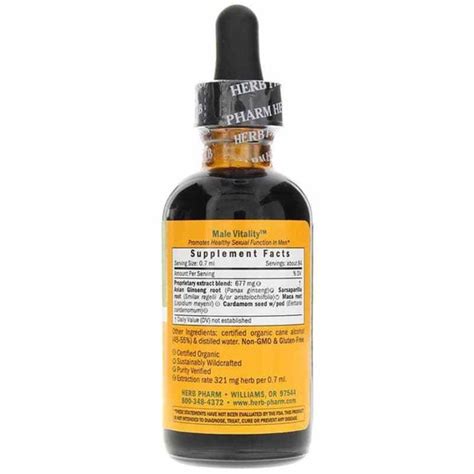
Beyond Diet: A Holistic Approach to Vitality
While diet is a cornerstone, remember that lifestyle factors work synergistically. Regular exercise (especially strength training), sufficient quality sleep (7-9 hours), and effective stress management are equally vital components in optimizing testosterone levels and men’s overall vitality. Integrating these practices with a nutrient-rich diet offers the most comprehensive approach to natural hormonal balance and sustained well-being without the need for synthetic supplements.








